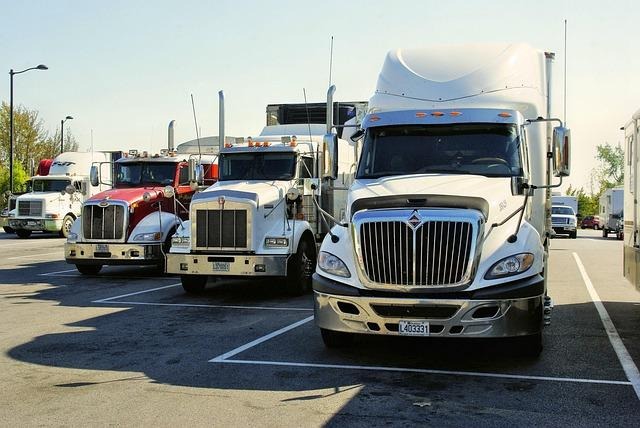Trucks play a major role in keeping goods moving across the country. From groceries to furniture, much of what we use every day gets to us by truck. But with that size and weight comes a greater need for safety. That’s why the trucking industry is governed by strict rules and regulations meant to protect not just truck drivers, but everyone on the road.
Fayetteville is a growing city with busy roads, especially around major highways and shipping routes. With so much truck traffic in the area, accidents can and do happen. In such cases, understanding your rights and options is crucial.
That’s why hiring truck accident attorneys in Fayetteville, AR, becomes incredibly important. They know the ins and outs of trucking laws and can guide you through the legal process, helping you figure out what went wrong and who’s at fault.
Hours of Service (HOS) Rules
Truck drivers are only allowed to drive a certain number of hours before they must rest. These rules are known as Hours of Service, and they’re set by the Federal Motor Carrier Safety Administration (FMCSA).
For example, drivers can’t drive more than 11 hours after 10 hours off duty. There’s also a 14-hour limit, which includes breaks and loading time. These rules are meant to prevent fatigue, which is a major cause of accidents. Drivers are also required to keep electronic logs that track their driving time.
Vehicle Maintenance and Inspections
Trucks must be in good working condition before they hit the road. Federal law requires routine inspections, maintenance, and repairs. Drivers are also expected to inspect their trucks daily before and after their trips.
This includes checking brakes, tires, lights, steering, and other important parts. If something is wrong and not reported or fixed, it can lead to serious accidents. Trucking companies can be held responsible for ignoring or skipping maintenance.
Proper Loading and Weight Limits
Every truck has a weight limit. Overloaded trucks are dangerous—they take longer to stop, can tip over more easily, and may damage roads and bridges. The FMCSA and state agencies monitor weight regulations closely.
Loads must also be secured properly. If cargo shifts or falls off the truck, it can cause crashes or injuries to other drivers. That’s why loading practices are closely watched, and violations can lead to fines or worse.
CDL Requirements and Drug Testing
To drive a commercial truck, you need a Commercial Driver’s License (CDL). Getting one involves passing written and driving tests. Drivers also have to meet medical standards and go through background checks.
Truckers are subject to regular drug and alcohol testing, especially after accidents or if there’s any suspicion of use. These tests help make sure drivers are safe and sober behind the wheel.
Special State Rules
While federal rules apply across the country, each state can have additional rules. In Arkansas, for instance, there are specific rules about speed limits for trucks, safe driving zones, and rest area use. Truck drivers need to know both state and federal laws to stay compliant.
Why These Rules Matter to Everyone
You don’t have to be a truck driver to care about these rules. When drivers and companies follow them, roads are safer for all of us. But when they’re ignored, the results can be deadly.
Trucking accidents often involve more than just two vehicles. They can cause pileups, road closures, and life-changing injuries. That’s why it’s so important to know the rules—and why legal professionals who understand them are essential in case something goes wrong.
Final Thoughts
Trucking rules and regulations are there for a reason. They help protect drivers, companies, and everyone else on the road. If you’re a truck driver, knowing these rules can save your job and your life. If you’re someone who drives near trucks regularly, understanding these rules gives you a better idea of what’s safe and what’s not.
In addition to understanding the fundamental trucking regulations, it’s crucial to stay informed about recent updates that may affect your operations. One such update involves the Unified Carrier Registration (UCR) adjustments, which are essential for maintaining compliance. These adjustments can impact your registration fees and requirements, so it’s important to review them regularly. For more information on how these changes might affect your business, you can see details to ensure you’re fully compliant with the latest standards. Staying proactive with these updates not only helps in avoiding penalties but also ensures smooth and efficient operations within the trucking industry.

